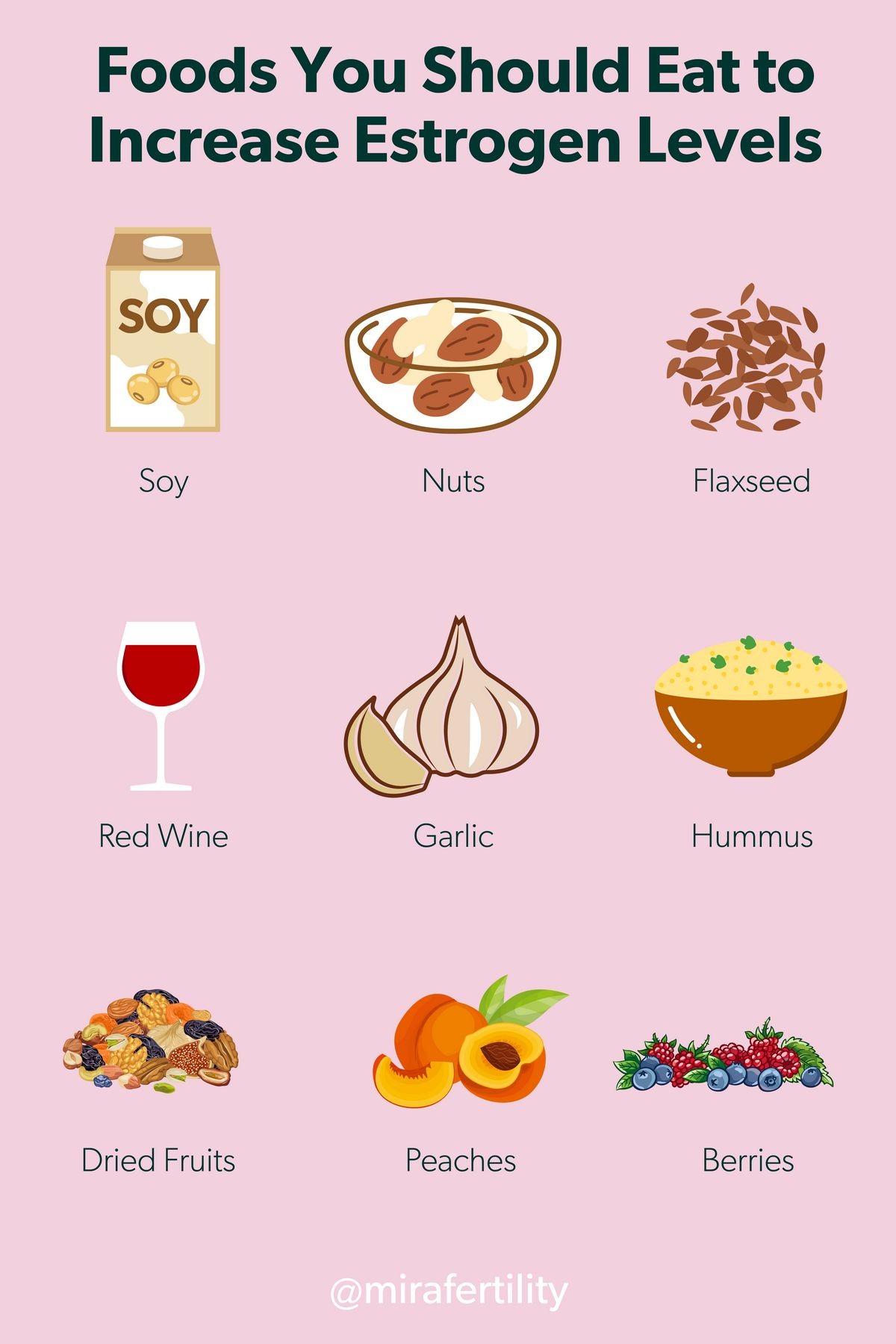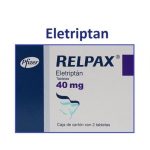
Contents
Increasing Estrogen: A Guide to Boosting Your Hormone Levels
Estrogen is a vital hormone necessary for optimal bodily function. Boosting estrogen can be achieved through a combination of healthy eating, regular exercise, and targeted supplementation with phytoestrogens.
When estrogen levels are low, individuals may experience a range of uncomfortable symptoms. However, there are various ways to increase estrogen, including dietary adjustments, lifestyle changes, and hormone replacement therapy.
Low estrogen occurs when the body fails to produce a sufficient amount of this hormone. While estrogen plays a significant role in the reproductive system, it also impacts other bodily functions.
Estrogen in Women and DFAB Individuals
For women and those designated female at birth, estrogen is essential for reproductive health. It affects various aspects, including:
- The menstrual cycle: Estrogen, along with other hormones, regulates the menstrual cycle and prepares the uterus for potential pregnancy.
- Menopause: Estrogen levels decline during menopause, causing various hormonal changes in the body.
- Pregnancy and fertility: Estrogen levels rise during ovulation, improving chances of conception. It also helps maintain vaginal health and elasticity.
- Puberty: Increased estrogen levels during puberty contribute to the development of secondary sexual characteristics.
Estrogen in Men and DMAB Individuals
Men and those designated male at birth also experience the effects of estrogen on their reproductive systems. Imbalances in estrogen levels can lead to decreased sex drive, erectile dysfunction, and infertility.
Additional Functions of Estrogen
Beyond its reproductive role, estrogen influences other bodily processes, including:
- Blood flow and circulation
- Blood sugar regulation
- Bone density maintenance
- Brain function
- Cholesterol levels
- Collagen production
- Skin moisture
- Muscle mass
Signs and Symptoms of Low Estrogen
Recognizing the signs of low estrogen is crucial. While some symptoms are specific to women and DFAB individuals, others apply to men and DMAB individuals as well. Common symptoms include:
- Brittle or weak bones
- Decreased sex drive
- Difficulty concentrating
- Dry skin
- Fatigue
- Headaches
- Hot flashes
- Irregular or absent periods
- Irritability and mood swings
- Night sweats
- Painful intercourse
- Tender breasts
- Sleep disturbances
- Vaginal atrophy or dryness
- Weight gain, especially in the abdominal area
In young girls or DFAB individuals, low estrogen can delay puberty and sexual development.
Common Causes of Low Estrogen
The primary cause of low estrogen is aging, particularly during perimenopause and menopause. Other contributing factors include:
- Autoimmune diseases: Ovarian-targeting autoimmune diseases can disrupt estrogen production.
- Eating disorders: Nutrient deficiencies resulting from eating disorders can hinder hormone regulation.
- Inherited conditions: Genetic disorders like Fragile X syndrome and Turner syndrome can lead to low estrogen levels.
- Hypothalamic amenorrhea: Nutritional deficiencies and excessive stress can affect the hypothalamus, leading to reduced estrogen production.
- Pituitary gland conditions: Malfunctioning pituitary glands can disrupt hormonal signaling to the ovaries, affecting estrogen production.
QUESTION
Who Can Experience Low Estrogen?
Although women and DFAB individuals are most susceptible to low estrogen, anyone can be affected. Common groups include those with ovarian injuries or removal, as well as individuals undergoing perimenopause or menopause.
Strategies to Increase Estrogen Levels
To raise estrogen levels, you can employ various tactics, such as lifestyle modifications, consumption of phytoestrogen-rich foods, and estrogen therapy. Here are some effective approaches:
Lifestyle Changes
Maintaining a healthy lifestyle is crucial for balanced hormones. Consider the following:
- Maintain a healthy weight: Adequate body fat is necessary for estrogen storage, while excessive body fat can lead to estrogen imbalance.
- Exercise moderately: Avoid overexertion, as excessive exercise can deplete estrogen levels.
- Manage stress: Incorporate stress management techniques into your routine to prevent hormonal imbalances.
- Prioritize sleep: Aim for seven to nine hours of quality sleep each night to support hormone regulation.
Foods Rich in Phytoestrogens
Many common foods contain phytoestrogens, which mimic estrogen in the body and can help alleviate low estrogen symptoms. These include:
- Fruits: Apples, blueberries, grapes, pears, plums, raspberries, strawberries
- Legumes: Chickpeas, lentils, peanuts, soybeans
- Seeds: Flaxseed, sunflower seeds
- Vegetables: Broccoli, cabbage, carrots, spinach, sprouts, onions, peas, zucchini
Supplements Containing Phytoestrogens
Supplements with phytoestrogens can be beneficial. Examples include black cohosh, which has been used for centuries to manage menstrual cramps and menopausal symptoms, and red clover, a wild legume historically employed for various health conditions. However, it’s important to consult with a healthcare provider before starting any new supplements, as they are not FDA-regulated.
Estrogen Therapy
Hormone replacement therapy (HRT) is a common method for addressing low estrogen. Synthetic estrogen or progesterone can be taken to supplement depleted levels. Estrogen therapy is prescribed for individuals without a uterus, while estrogen progesterone/progestin hormone therapy is suitable for those with a uterus. It’s essential to note that EPT may have side effects, such as an increased risk of blood clots, breast cancer, heart attacks, and strokes. For localized symptoms like vaginal dryness, specific forms of estrogen, such as creams, rings, or inserts, can be used.
Consult a Healthcare Provider
If you suspect low estrogen levels, it’s essential to seek guidance from a healthcare provider. They can conduct a blood test to assess your hormone levels and work with you to develop a suitable plan if necessary.
Sources:
Cleveland Clinic: "Estrogen," "Gonadotropin-Releasing Hormone (GnRH)," "Low Estrogen."
Clinical Cases in Mineral and Bone Metabolism: "Phytoestrogens: food or drug?"
Mount Sinai: "Black cohosh," "Hypothalamic dysfunction," "Red clover."


